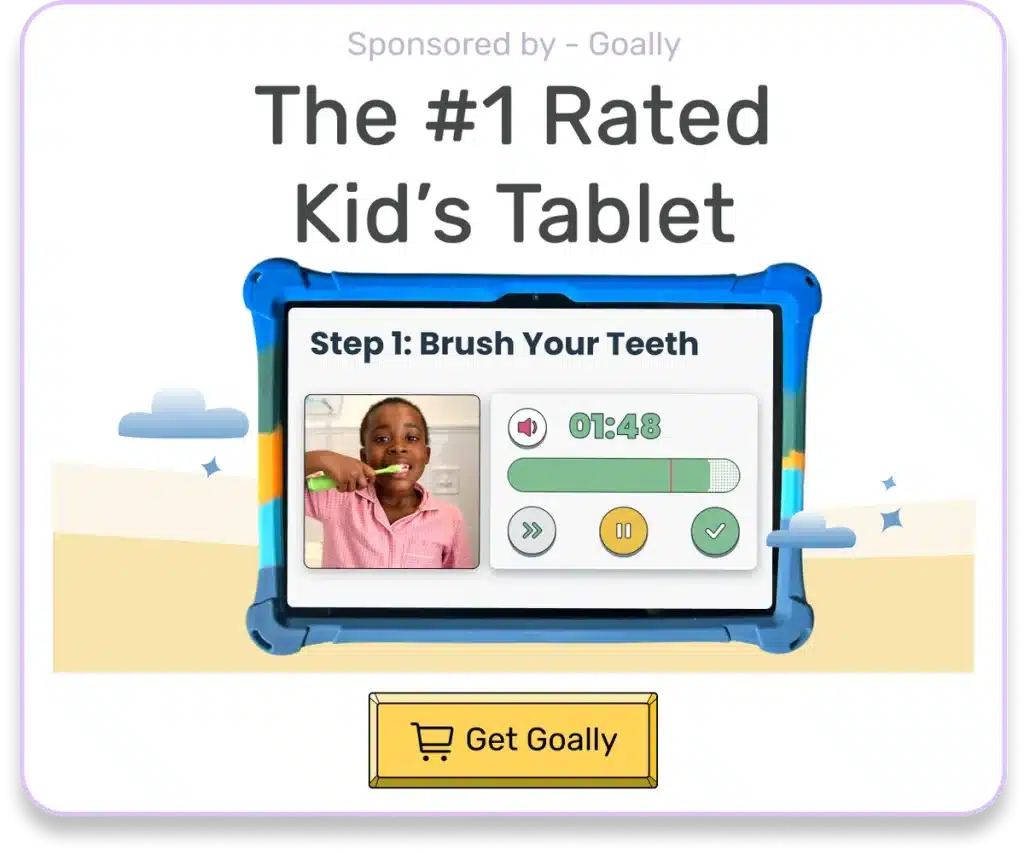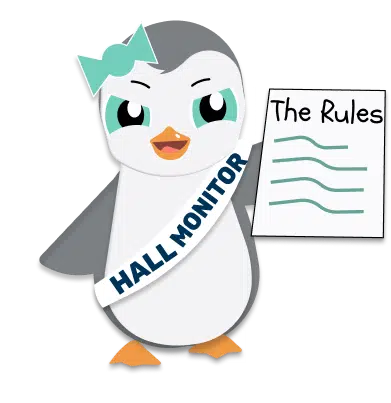“Stop! Don’t bite!” – sounds familiar? Aggressive toddler behavior can be a real challenge for parents and caregivers of neurodivergent kids. These aggressive behaviors often stem from being frustrated about not having power or control over their environment or from not being able to use words in a way to express what they want or feel. In this listicle, we’ll share five practical tips to prevent aggressive toddler behavior and help you create a more harmonious environment for your young superheroes.
Table of Contents
1. Understand the Triggers of Aggressive Toddler Behavior
As the first step to curb aggressive toddler behavior, it’s important to pinpoint the triggers. These can vary significantly, especially in neurodivergent kids. Here are some common triggers:
- Sensory Overload: An aggressive toddler may be reacting to overwhelming sensory input.
- Communication Difficulties: Struggles to express themselves can often result in aggressive behavior.
- Frustration: Toddlers may become aggressive when they are unable to accomplish a task or get what they want.
- Anxiety: Anxiety can lead to aggressive behavior in toddlers, as they might not yet have the tools to manage their feelings.
- Fatigue: Tiredness can make toddlers irritable and more prone to aggression.

Read More: What Does Sensory Overload Feel Like?
Keep a journal to track your child’s behavior and note any patterns. This will help you anticipate and address potential issues before they escalate.
2. Establish a Consistent Routine
A consistent routine can work wonders for kids with thinking and learning differences. Predictability helps reduce anxiety and aggressive toddler behavior. Here’s a simple daily routine to follow:
- Morning: Wake up, get dressed, have breakfast
- Mid-morning: Engage in a calming activity (e.g., reading, puzzles)
- Lunchtime: Eat lunch, followed by quiet time or a nap
- Afternoon: Playtime, outdoor activities, or therapy sessions
- Evening: Dinner, bath, bedtime routine
Adjust the routine to suit your child’s needs and preferences. Remember, consistency is key!

Read more: ADHD Child Hitting Parents?
3. Teach Emotional Regulation Skills
Please help your child develop emotional regulation skills to manage their feelings and reduce aggressive toddler behavior. Some techniques to try include:
- Deep breathing exercises
- Counting to 10
- Using a stress ball or fidget toy
- Practicing mindfulness or meditation
Model these techniques yourself and encourage your child to use them when they feel overwhelmed or frustrated.

4. Reinforce Positive Behavior
Reinforcing positive behavior can be a powerful tool in preventing aggressive toddler behavior. Use praise, rewards, and encouragement to motivate your child. For example:
| Behavior | Reward |
|---|---|
| Sharing toys | Sticker on a reward chart |
| Calming down after a tantrum | Extra bedtime story |
| Using kind words | Special treat or activity |
Remember to be specific with your praise so your child knows exactly what they did well.
5. Seek Professional Support
Despite all your loving efforts, are you still seeing signs of your little one turning into an aggressive toddler? Remember, you’re not alone in this journey! Sometimes, these kiddo challenges go beyond the parenting handbook. So, it might be time to consider a helping hand from a pro. Imagine having someone who specializes in aggressive toddler behavior guiding you every step of the way. A therapist or counselor well-versed in handling neurodivergent kids could be that someone. They can equip you with tailored strategies, helping to turn the tide for your family. Remember, seeking help isn’t a sign of defeat – it’s a smart move for your child’s well-being!

Goally | Apps That Build Behavior & Life Skills for Kids
Want to keep your child motivated while building essential behavior and life skills? Goally’s skill-building tablet is designed to celebrate small wins and help your child grow.
Our Behavior Tracker helps you reward your kiddo for specific skills, like “being kind” or “flushing the toilet.”
By setting clear expectations and rewarding their efforts, you foster a positive environment for your child to flourish in their behavioral skills journey.

In a nutshell, tackling aggressive toddler behavior is a big task that requires patience, understanding, and a toolbox of strategies. By following these five tips, you’ll be well on your way to creating a more peaceful and supportive environment for your neurodivergent child. Remember, every child is unique, and finding the right approach may take time. Stay constant, and celebrate the small victories along the way. You’ve got this!
FAQs About Preventing Aggressive Toddler Behavior
What are common triggers for aggressive toddler behavior? Common triggers include sensory overload, communication difficulties, frustration, anxiety, and fatigue.
How can visual schedules help manage an aggressive toddler's behavior? Visual schedules can help by providing a transparent and predictable routine, reducing anxiety and aggression.
Can emotional regulation apps help manage an aggressive toddler? These apps can provide engaging ways for toddlers to understand and express their feelings appropriately.
How can rewards help manage aggressive toddler behavior? Rewards can encourage positive behavior by reinforcing the toddler's good actions and choices.
When should a parent seek professional support for an aggressive toddler? If aggressive behavior persists despite efforts, seeking professional support for tailored strategies is advisable.
This post was originally published on 04/14/2023. It was updated on 09/21/2023.

Goally
We help parents teach their kids life skills, like doing bedtime and morning independently. Backed by science, we incorporate evidence-based practices and expert-informed designs in all of our apps and content.






